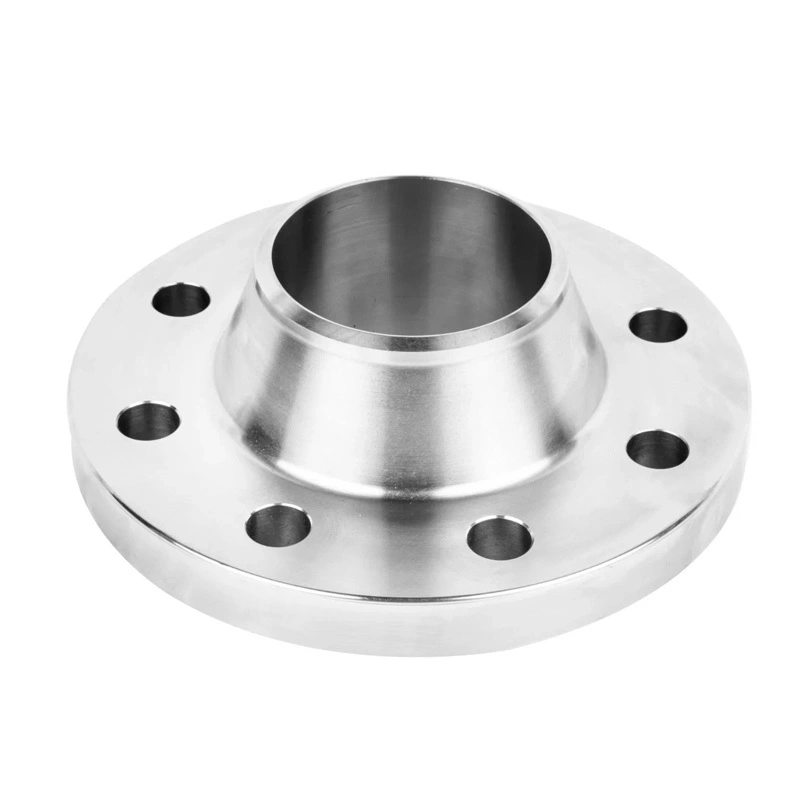Stainless Steel Flange – A Critical Component in Piping Systems
2025-03-07
Stainless steel flanges play an essential role in various industries, providing a secure and leak-proof connection between pipes, valves, and other equipment. Whether in oil and gas, chemical processing, or water treatment, flanges ensure system integrity, durability, and ease of maintenance.

In this blog, we’ll explore what stainless steel flanges are, their types, benefits, and common applications.
What is a Stainless Steel Flange?
A stainless steel flange is a metal ring or disc used to connect pipes, pumps, and valves in a piping system. Flanges provide a strong, detachable joint, allowing for easy assembly and disassembly of pipelines for maintenance or inspection. They are secured using bolts and gaskets to ensure a tight seal.
Stainless steel is the preferred material for flanges due to its corrosion resistance, strength, and durability, making it ideal for high-pressure and high-temperature applications.
Types of Stainless Steel Flanges
There are several types of stainless steel flanges, each suited for specific applications:
1. Weld Neck Flange
- Features a long tapered hub for better stress distribution.
- Ideal for high-pressure and high-temperature systems.
2. Slip-On Flange
- Slides over the pipe and is welded in place.
- Easy to install and cost-effective.
3. Socket Weld Flange
- Pipe fits into a recessed socket and is fillet welded.
- Suitable for smaller pipes and high-pressure applications.
4. Threaded Flange
- Screwed onto pipes with external threads.
- Used in low-pressure, non-welded applications.
5. Blind Flange
- A solid flange that closes the end of a pipeline.
- Used for system maintenance and expansion.
6. Lap Joint Flange
- Works with a stub end for easy disassembly.
- Common in piping systems requiring frequent inspection.
Advantages of Stainless Steel Flanges
- Corrosion Resistance – Stainless steel withstands harsh environments, making it suitable for chemical, marine, and high-temperature applications.
- Strength & Durability – These flanges handle high pressures and extreme conditions without deforming.
- Easy Maintenance – Flanged connections simplify pipe assembly and disassembly.
- Versatility – Available in different grades (304, 316, etc.) to suit diverse industrial needs.
- Hygienic Properties – Ideal for food, pharmaceutical, and water industries due to their non-reactive nature.
Applications of Stainless Steel Flanges
Stainless steel flanges are used in various industries, including:
- Oil & Gas – Used in pipelines transporting crude oil, gas, and refined products.
- Chemical Processing – Handles corrosive substances safely.
- Water Treatment – Ensures leak-free connections in clean and wastewater systems.
- Power Plants – Supports high-pressure steam and cooling water systems.
- Pharmaceutical & Food Processing – Maintains hygiene and product purity.
Conclusion
Stainless steel flanges are indispensable in modern piping systems, offering durability, strength, and corrosion resistance. Selecting the right type of flange ensures efficient operation, safety, and ease of maintenance in various industrial applications. Whether in high-pressure oil pipelines or sanitary food processing systems, stainless steel flanges provide a reliable and long-lasting connection.


